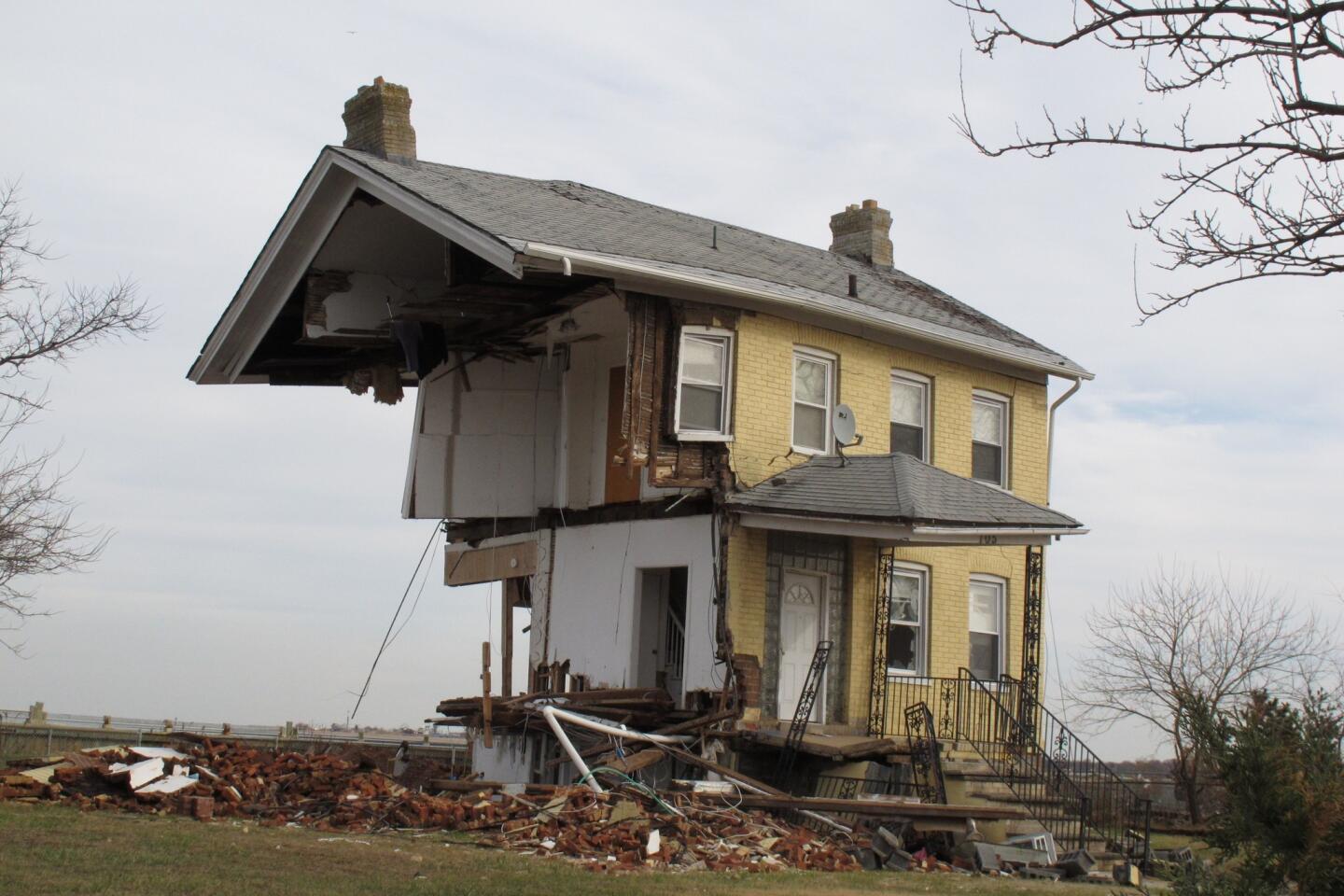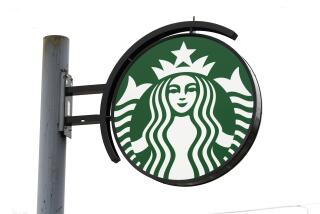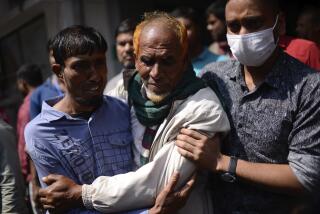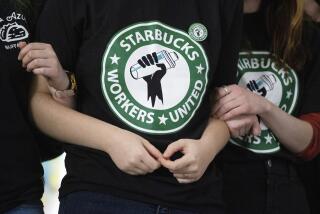Wal-Mart, Target, U.S. brands set Bangladesh factory safety plan
A group of 17 American retailers, including Wal-Mart Stores Inc., Target Corp. and Macy’s Inc., have signed on to a five-year agreement to help improve safety at garment factories in Bangladesh.
The accord is separate from a legally binding plan finalized earlier this week by more than 70 mostly European companies such as H&M and Zara owner Inditex. U.S. apparel sellers largely avoided the contract.
Instead, they said Wednesday that their coalition would seek inspections at all member-supported factories in Bangladesh within a year. The group promised transparency for the checkup results.
In the next three months, a set of safety standards will be developed, according to the newly formed alliance. The criterion will be in place by October, it said.
By November, the group plans to set up an anonymous worker hotline using mobile technology and administered by a third party.
So far, member companies have provided $42 million for the initiative, with an additional $100 million in loans for plant owners to fortify their facilities and workforce.
Companies are to continue contributing financial support over the next five years, based on how much product they source from Bangladesh. Businesses with more than $250 million of product will pay $1 million a year, compared with the $62,500 a year to be shelled out by retailers making $25 million worth of goods or less in the South Asian country.
PHOTOS: Major retail controversies
The impetus for the safety proposals was the April collapse of the eight-story Rana Plaza factory near Dhaka, the capital of Bangladesh. More than 1,100 workers died in the tragedy, making it the deadliest accident in the apparel industry’s history.
The facility manufactured goods for brands such as Wal-Mart, Benetton and J.C. Penney partner Joe Fresh.
The coalition of 17 U.S. retailers said it worked with former U.S. Sens. George Mitchell and Olympia Snowe on the safety guidelines.
“All workers, no matter where they live, have the right to a safe environment,” Jay Jorgensen, Wal-Mart’s senior vice president and global chief compliance officer, said in a statement.
Other participants in the U.S. pact include J.C. Penney Co., Nordstrom Inc., Kohl’s Corp., Gap Inc., Sears Holdings Corp., Nine West owner Jones Group Inc., L.L. Bean Inc., Limited, Hudson’s Bay Co., IFG Corp., Public Clothing Co., Canadian Tire Corp., Carter’s Inc. and VF Corp.
The safety goals represent “a collective step forward” by American retailers, said Mike Posner, a business and human rights professor at New York University’s Stern School of Business.
“But it does not make sense for there to be two competing initiatives, an American one and a European one, that run the risk of duplication and confusion at the local factory level,” he said in a statement. “What’s needed in Bangladesh is a comprehensive industry-wide industry effort aimed at building a sustainable sourcing model that will ensure the workers in those factories, who are mostly young women, have a voice and assurance that they can work in a safe space.”
ALSO:
Made in U.S.A. label advantages wear thin
In Bangladesh, shock may give way to status quo
Bangladesh crowd gathers as collapse cleanup ends









